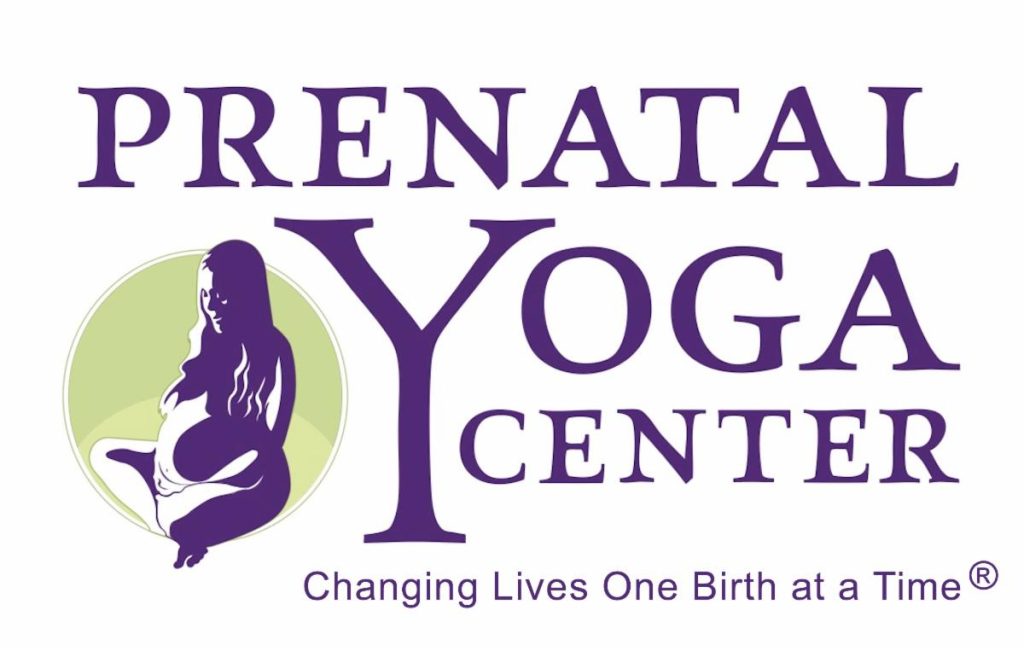When I first announced to my mom that I was pregnant, she was so excited and soon proudly said, “I am going to offer you exactly what my mother offered me after Craig (my brother) was born. A baby nurse!” I graciously said thank you for that generous gift and asked if she would mind if I got a postpartum doula instead. My mom said, “I don’t know what that is, but if that is what you prefer that is fine with me.” Instead of explaining the difference between the two professions, I just thanked her again.
Questions regarding the differences between a postpartum doula and a baby nurse- now being called “Newborn Care Specialist”- arise quite often. Here is a run down of the two types of postpartum care so that you can decide what is best for you and your family.
Postpartum Doula
A person who provides support for the mother and the rest of the family. A big part of the doula’s job is to “mother the mother” and help the new mother recover after birth. There is a lot of focus on education- helping with breastfeeding and bottle feeding support, establishing newborn procedures and routine, tips etc…- The postpartum doula aims to make the mother comfortable and confident in her new role, and to empower the parents to care for their new baby themselves. The doula can also provide some light house keeping, errand running and meal preparation.
The hours are flexible and typically range 4-6 hours a day, but overnights are also possible. The parents can also decide if they want the doula every day or just a few days a week.
There are certification programs that all certified doula complete. I recommend looking for a reputable certification program such as DONA, CAPPA, Maternity Wise, or Childbirth International when looking to hire a postpartum doula. All the programs I listed are reputable, well respected and established organizations with excellent training programs. To my knowledge, there are not small “doula” organizations that certify.
If you are considering hiring a postpartum doula, here are some questions that may help you find the right person.
(courtesy of DONA)
When interviewing a postpartum doula
* Tell me about your experience as a postpartum doula.
* What is your philosophy about parenting and supporting women and their families during postpartum?
* May we meet to discuss our postpartum needs and the role you will play in supporting us in the postpartum period?
* May we call you with postpartum questions or concerns before the birth?
* When do your services begin after birth?
* What is your experience in breastfeeding support?
* How many families have you served?
* Have you had a criminal background check, a recent TB test and current CPR certification?
* Who is your back-up, and can I meet her?
* When would you send your back-up?
* What part of your job do you enjoy the most?
Baby Nurse now know as Newborn Care Specialist (NCS)
This person is a non-medically trained newborn care specialist who’s main focus is on the newborn child. The responsibilities of the NCS are feeding, bathing, changing the infant, washing/cleaning/sterilizing bottles, in addition to sleep training, initiating a schedule for sleeping, meals, nap and play time, advising and providing any requested consultation on infant needs, swaddling, breastfeeding guidance, cord and circumcision care and nursery organization.
One of the main differences between the postpartum doula and the baby nurse is the intended focus. The baby nurse will focus more on the care of the baby and not necessarily on the mother. They can relieve the parents of caring for their newborn and allow for down time for parents.
In terms of work day, the commitment of hours a baby nurse offers is typically longer then the postpartum doula. Many times the baby nurse lives in with the family after birth. This can range from a week to several months. It is also more common for NCS to do over night stays and will typically work 12 hour or 24/7 shifts.
The training a NCS receives can vary from more official groups like Newborn Care Specialist Association (NCSA) to smaller trainings lead by individual agencies or no specific training at all.
When interviewing a Newborn Care Specialist
* What has been your experience caring for newborns?
* What kind of training have you had in newborn care? Are you certified by an organization?
* How do you keep track of feeding and sleep patterns or problems?
* What is your experience in breastfeeding support?
* How many families have you served?
* What kind of time off do you require?
* What part of your job do you enjoy the most?
I hope that this helps clarify the difference between the two types of help available for new mothers. Neither one is better than the other. It all depends on what kind of support you are looking for postpartum. If possible, I would recommend meeting the person you are intending to hire to make sure she is a good match for you. The postpartum time can be very vulnerable and you want to make sure that you found a good, supportive match.






